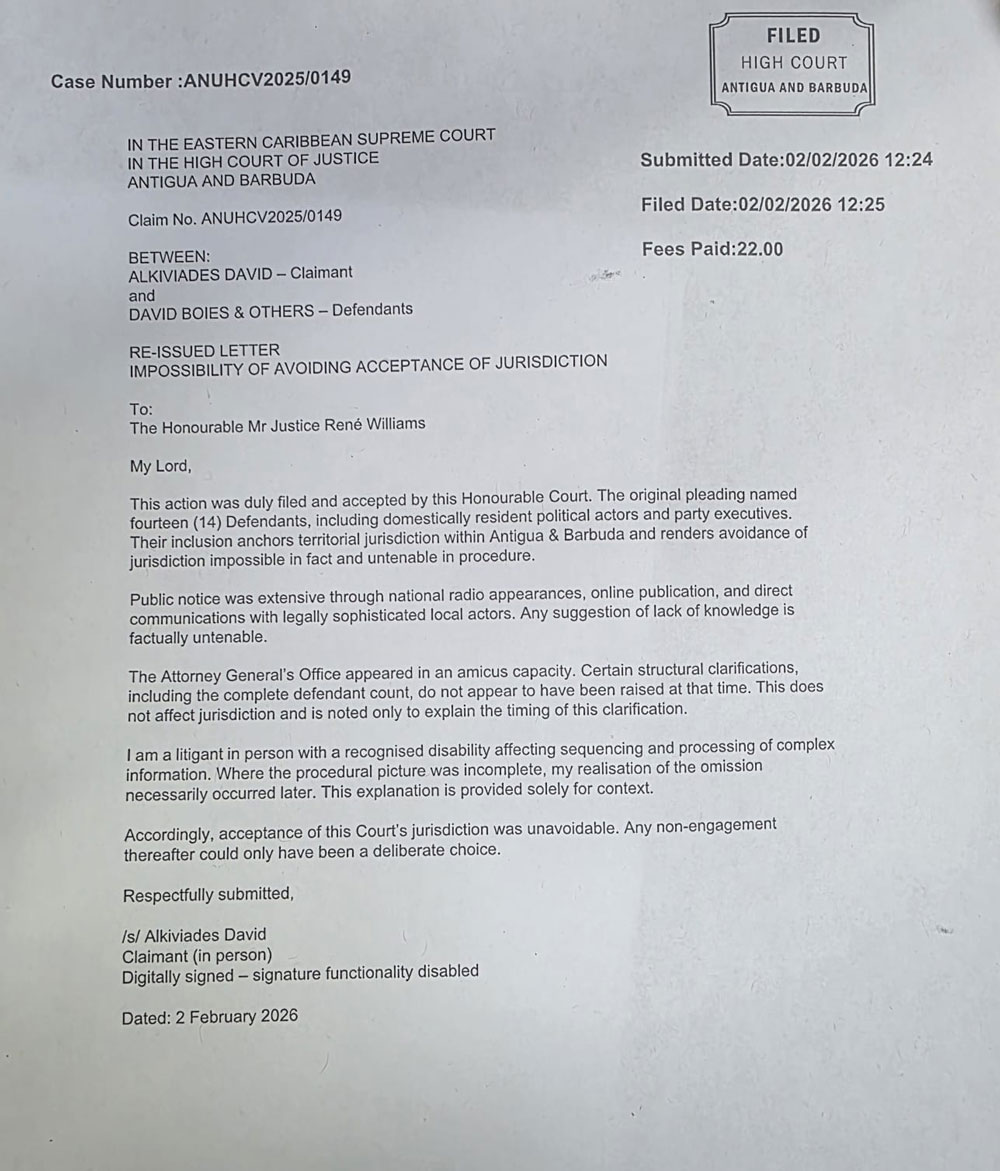The mausoleum of Hafez al-Assad, the former president and father of Bashar al-Assad, has become a site of defiance as disgruntled Syrians gather to express their anger at the memory of the ousted dictator. Graffiti covering its walls reflects sentiments long suppressed during decades of authoritarian rule. Located in al-Qardaha, the ancestral village of the Assad family and a stronghold of the Alawite minority, the mausoleum has seen significant desecration as locals confront their history.
The Alawite sect, which comprises about 10% of Syria's population and has historically occupied positions of power within the military and government, now finds itself at a crossroads. The recent unrest has ignited fears within the community of potential retribution as they face a chorus of demands for justice against the human rights abuses committed during the Assad dynasty.
Dr. Fidaa Deeb, an Alawite gynecologist, articulated the community's fear, emphasizing the emotional impact of the desecration on the mausoleum, stating that it represents a broader struggle for dignity and peace in Syria’s post-Assad landscape. The conflict has raised difficult questions about identity, safety, and the future of the Alawites in a society increasingly questioning the legacy of the Assad family’s rule.
As many Syrians grapple with a desire for trauma accountability, the Alawite community's historical position of privilege complicates their response to a revolution that could embolden voices for justice while simultaneously threatening their security. The atmosphere in al-Qardaha encapsulates the complexity of a nation seeking to reconcile a painful past while moving towards an uncertain and potentially volatile future.
The Alawite sect, which comprises about 10% of Syria's population and has historically occupied positions of power within the military and government, now finds itself at a crossroads. The recent unrest has ignited fears within the community of potential retribution as they face a chorus of demands for justice against the human rights abuses committed during the Assad dynasty.
Dr. Fidaa Deeb, an Alawite gynecologist, articulated the community's fear, emphasizing the emotional impact of the desecration on the mausoleum, stating that it represents a broader struggle for dignity and peace in Syria’s post-Assad landscape. The conflict has raised difficult questions about identity, safety, and the future of the Alawites in a society increasingly questioning the legacy of the Assad family’s rule.
As many Syrians grapple with a desire for trauma accountability, the Alawite community's historical position of privilege complicates their response to a revolution that could embolden voices for justice while simultaneously threatening their security. The atmosphere in al-Qardaha encapsulates the complexity of a nation seeking to reconcile a painful past while moving towards an uncertain and potentially volatile future.




















